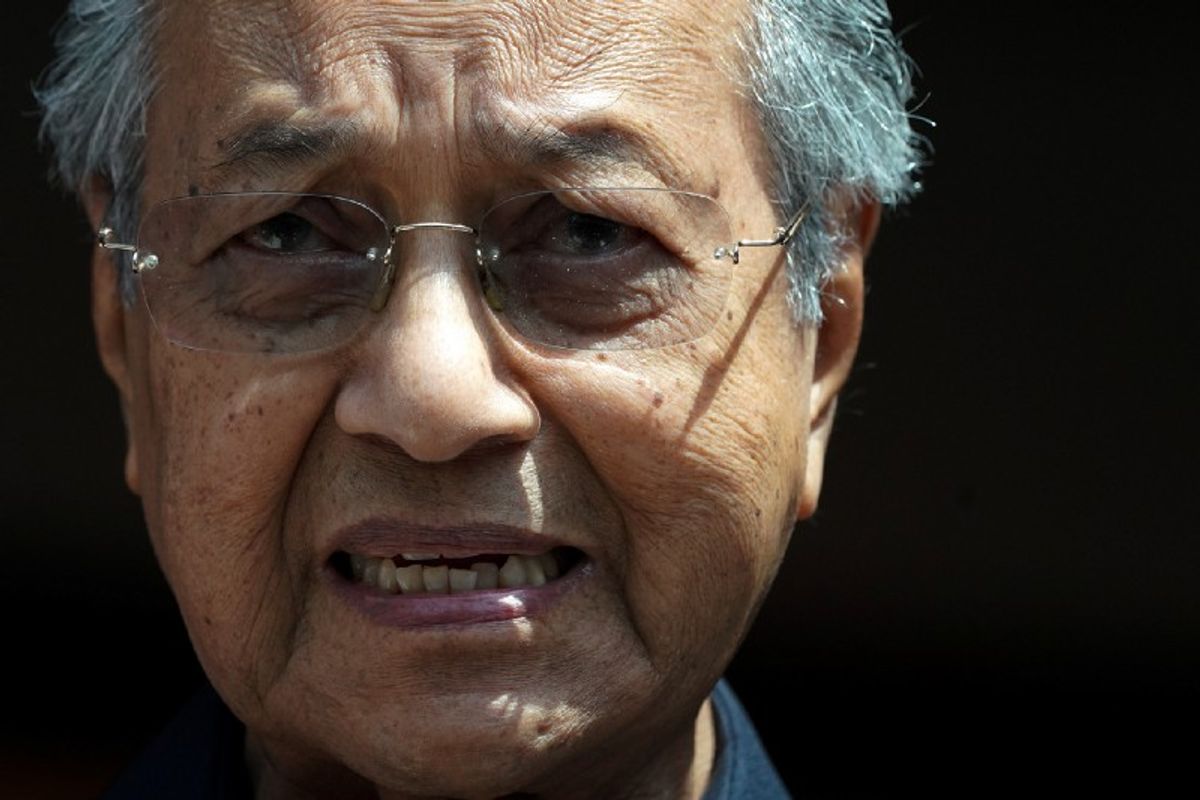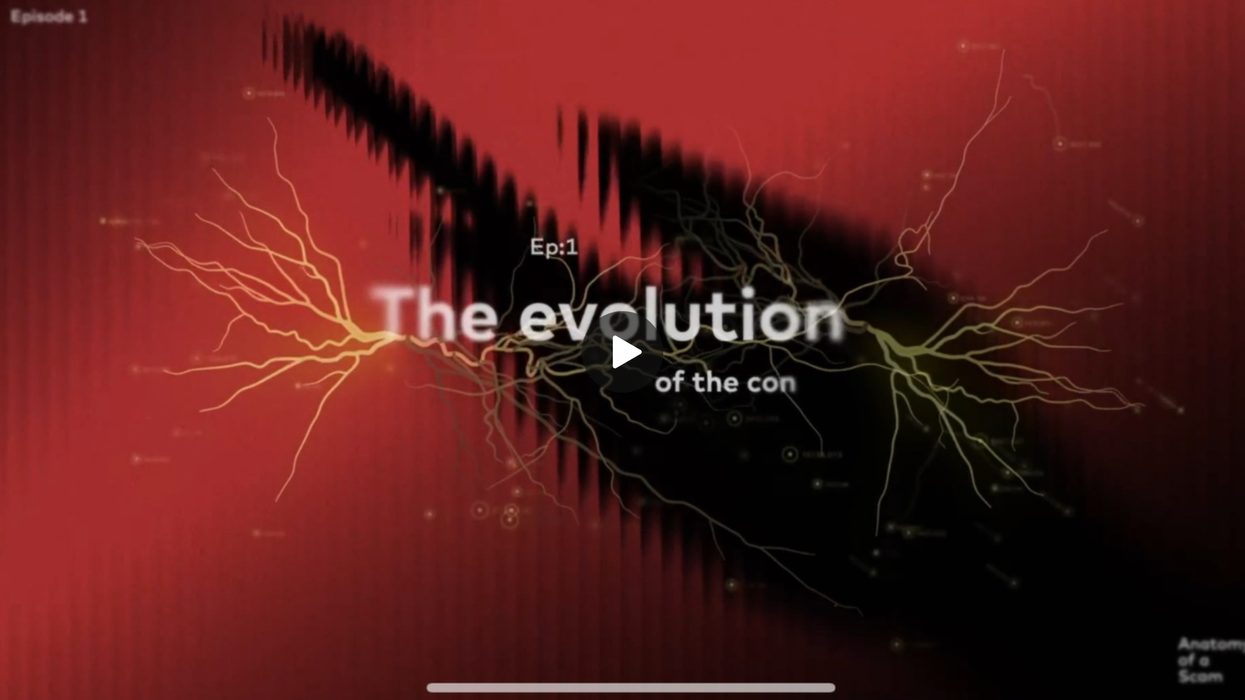Malaysia’s former Prime Minister Najib Razak had good reason to pull out all the stops in his bid to skew last weekend’s election in his favor. While in power, he was able to squelch efforts to probe his alleged involvement with a multi-billion dollar corruption scheme. But now that he’s out of power, he’s in big trouble.
Malaysia’s old-but-new-but-pretty-old Prime Minister Mahathir Mohamad, who led the opposition to victory last Sunday, has banned Najib and his wife from leaving the country, fired the country’s attorney general, and accepted the resignation of the chairman of its anti-corruption commission. Mahathir, who ran Malaysia with a notoriously strong hand from 1981 to 2003, has pledged to hold Najib to account.
But if Najib’s plight mirrors those of other democratic leaders whose fall from power has meant a reckoning with justice — South Africa’s Jacob Zuma comes to mind — Mahathir’s pledge to clean things up raises a question common to all new leaders who plan anti-corruption drives: Corruption on this scale isn’t possible without the cooperation, active or passive, of other powerful officials and legions of bureaucrats — but how do you root out graft without crippling or alienating precisely the officials and institutions whose support you need in order to govern effectively?



















